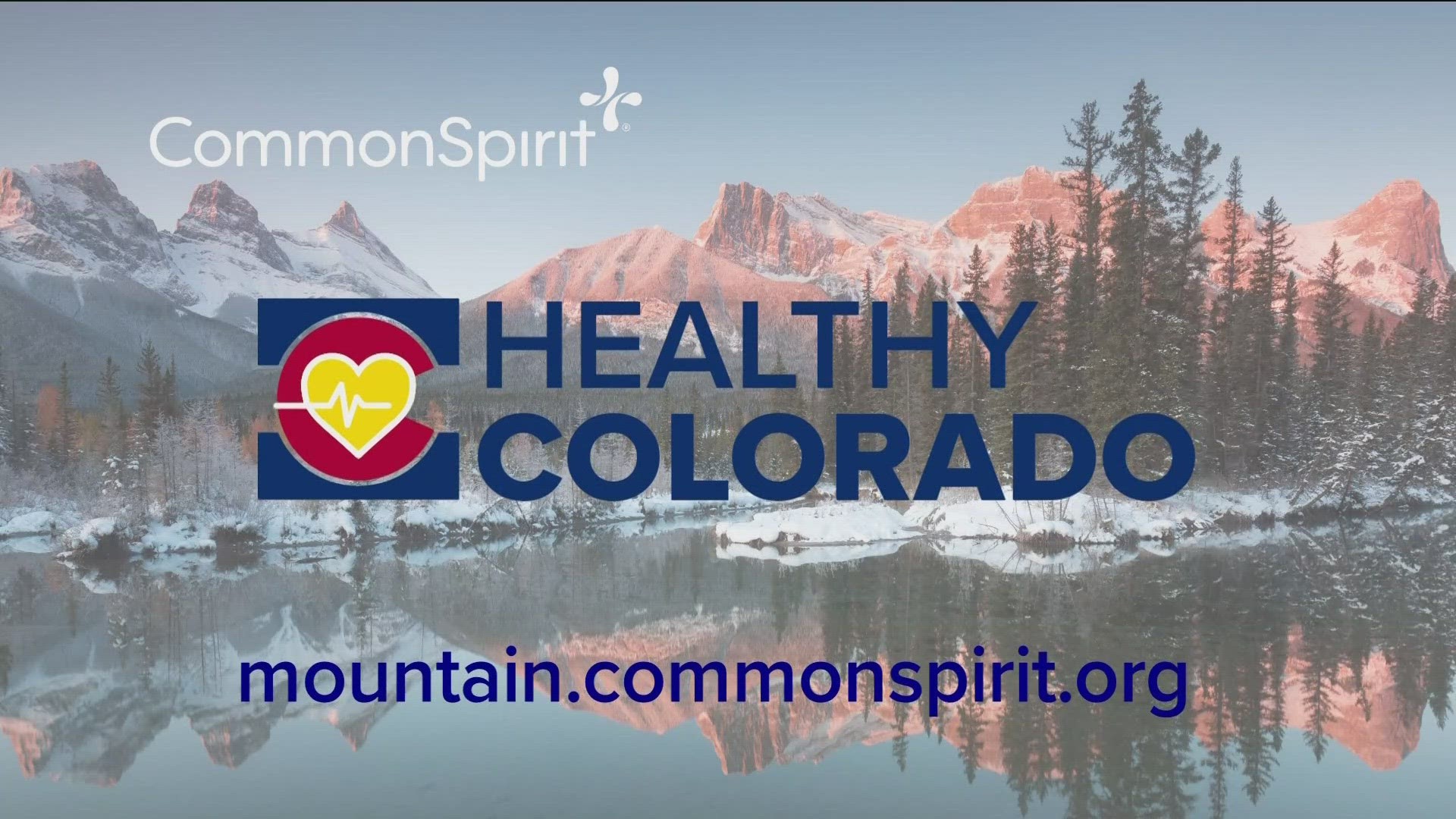Colon. Rectal. Stool. These are three words most of us prefer to omit from our everyday conversations. But what if talking about all three could save your life or that of someone you love?
Dr. Oswaldo "Ozzie" A. Grenardo, Chief Medical Officer for CommonSpirit Mountain region, joined Colorado and Company's Dani Sturges to discuss the importance of colorectal cancer education and preventative screenings.
What are the symptoms?
Many symptoms go unnoticed but here are things to watch for:
- A change in bowel habits.
- Blood in or on your stool (bowel movement).
- Diarrhea, constipation, or feeling that the bowel does not empty all the way.
- Abdominal pain, aches, or cramps that don't go away.
- Weight loss and you don't know why.
What are my risks for developing colon or rectal cancer?
Genetics and age are the two primary factors that put you at risk for colon cancer. Diet, exercise habits, smoking, drinking alcohol, and obesity can also play a factor in many cases.
You should speak directly with your primary physician if you have a family history of gastrointestinal illness or disease.
When do I start screening for colorectal cancer?
As many of colon cancer's earliest symptoms often go unnoticed, earlier screenings allow doctors to intervene as soon as possible.
In 2021, the US Preventative Services Task Force lowered their recommended colon cancer screening age from 50 to 45. But why?
The primary reason was that the number of Americans affected by colon or rectal cancer was on the rise. From 2000-2016, the incidence of colorectal cancer among adults aged 40-49 increased by almost 15%.
In addition to the sheer increase in cases, more patients were also experiencing more severe cases at a younger age.
How do you screen for colorectal cancer?
Colonoscopies are the primary screening tool used to detect colon and rectal cancer. This is done in a medical setting and requires some prep by the patient.
Another screening option many patients now choose is a mail-in kit you can do from home. Dr. Ozzie mentions these stool-based tests are "not as good as a colonoscopy" but any time you screen is better than not screening at all.
The pros of screening far outweigh the cons. Yes, a colonoscopy might be a little uncomfortable, but life without colon cancer seems like a great trade-off.
Healthy Colorado is a partnership with CommonSpirit to bring you health and wellness information to elevate your overall well-being. This sponsored series provides health and wellness information to help Coloradans live their best life, whether it's an article on mitigating injuries when skiing or an interview with a healthcare specialist, CommonSpirit and 9NEWS look to provide insights to living a healthier life.
THIS ARTICLE INVOLVES COMMERCIAL CONTENT. THE PRODUCTS AND SERVICES FEATURED APPEAR AS PAID ADVERTISING. FOR MORE INFORMATION, EMAIL US.
COLORADO & COMPANY IS A PART OF 9NEWS AND FEATURES COLORADO EVENTS, COMPANIES, BUSINESS PEOPLE AND OTHER GUESTS FROM AROUND THE COUNTRY.

